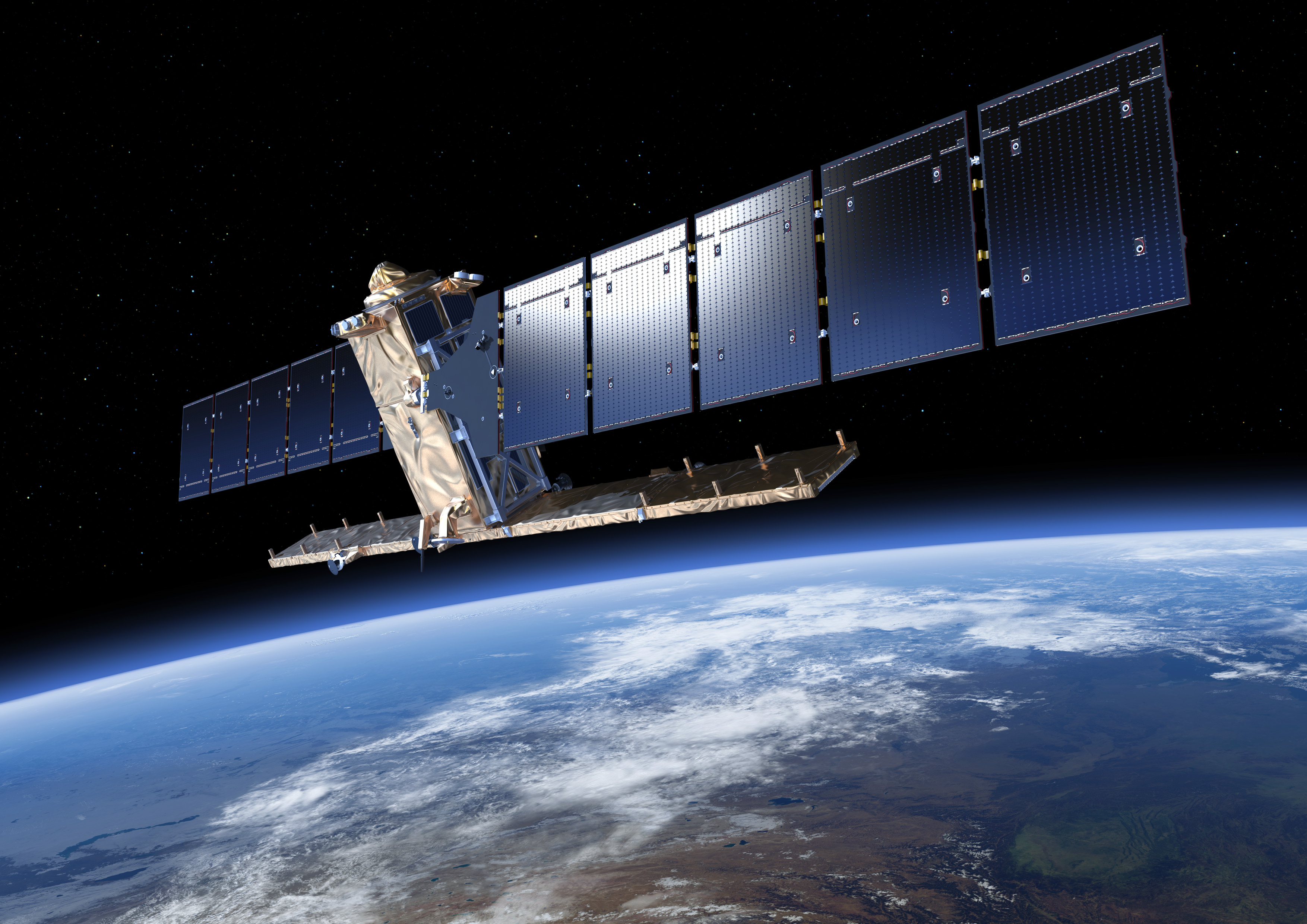A consortium consisting of companies and universities from three Baltic countries started the "Earth Observation Baltic Platform" project on behalf of the European Space Agency (ESA). The goal of the cooperation project, which will last until May 2025, is the creation of a remote Earth monitoring platform based on European Union satellite data and the integration of various services into it.
According to Urmas Kõll, head of the ICT company Datel, in which Estonia participates in the pan-Baltic consortium, this is another important step in the development of the company's services based on satellite data.
Priority services of the platform include regional security, climate and air quality monitoring, water quality monitoring, and ground monitoring and detection of potential changes on the ground.
"The companies and universities of the three countries have come together to bring services based on satellite data created in different places onto a common platform.
Innovative services, especially for public sector institutions and local governments, help them save time and money," said Kõll. "It is particularly worthwhile to use satellite data in those areas where changes are small or slow. For example, the displacement of large constructions by a few centimetres is difficult to notice with the naked eye, but it can be detected with the help of a satellite. It is also easier to assess the growth of large forest massifs from space," explained Kõll.
According to the head of the Estonian Space Office, Madis Võõras, the first pan-Baltic cooperation project in the field of space is of significant importance. "As is often the case in Baltic cooperation, an external initiative is needed for this. To date, all three Baltic countries have joined ESA, Estonia in 2015 as a full member, Latvia in 2020 and Lithuania as an associate member in 2021. All three Baltic countries contribute to the ESA budget, and this money comes back to the countries' businesses in the form of orders. It is particularly appreciated that the common interests and needs of the parties are defined in the project, which in turn leads to synergy between the competences of all parties, eliminates duplication and ultimately creates the best and most efficient service," Võõras said.
The project partners and their focus areas are:
Baltic Satellite Service (Latvia) - forest monitoring
Datel (Estonia) - infrastructure and city monitoring
Klaipeda University (Lithuania) - water quality monitoring, ship monitoring
Rural Support Service (Latvia) - monitoring of agricultural land
Institute of Electronics and Computer Science (Latvia) - monitoring of mining of mineral resources
Datel, one of Estonia's largest ICT companies, has been active in the space industry for a long time. Sille, an early warning system developed by the company in 2018 based on data from the European Union satellite Sentinel 1, can detect the displacement or subsidence of large infrastructures, such as bridges, ports, airports and mining areas and large buildings, with an accuracy of up to one millimetre. This innovative service helps to prevent accidents resulting from the breakdown of infrastructures and thereby increases the safety of society. Sille's functionalities will also be added to the joint Baltic platform that is being created.
Datel AS press release, 16.02.2024






